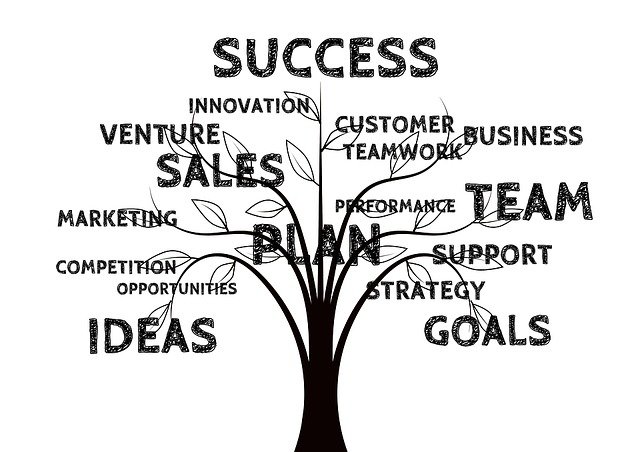The Four Pillars of CRM: Tailoring Your Customer Strategy for Maximum Impact
Whilst Customer Relationship Management (CRM) software generally aims to strengthen customer bonds for businesses using the CRM, it is broadly categorized into four distinct types with each one offering an unique tactical advantage for the businesses using it.
- Operational CRM: This is the most hands-on option that focuses on automating and streamlining the core customer-facing processes for a business. It integrates salesforce automation (managing leads, contacts and sales pipelines), applies marketing automation (designing targeted campaigns and managing the communications), and deals with service automation (handling customer enquiries and support tickets). The primary aim given here is to boost efficiency, ensure consistency across all customer touchpoints and improve the daily flow of customer interactions.
- Analytical CRM: Shifting focus from operations to insights, analytical CRM is dedicated to collecting, storing, processing and dissecting vast quantities of customer data. By using sophisticated tools, it uncovers crucial patterns, trends and predictive behaviours. These insights are invaluable for informed decision-making, enabling precise customer segmentation, personalising marketing messages and the identification of high-value customers with them all ultimately optimising future strategies.
- Collaborative CRM: This option emphasises fostering seamless information exchanges and communications throughout the entire organisation, extending them to external partners like suppliers and distributors. Its core purpose is to dismantle departmental silos, ensuring that sales, marketing and customer service teams, along with relevant external stakeholders, share a unified, real-time view of the customers. This collaborative approach leads to more organised strategies and significantly enhanced customer experiences.
- Strategic CRM: With more of a guiding philosophy than a specific software feature, Strategic CRM stands for a pervasive customer-centric business approach. It uses the intelligence gleaned from operational, analytical and collaborative CRM to develop long-term strategies for getting, keeping and expanding relationships with the most valuable customers. It’s ultimate goal is to cultivate deep customer loyalty and maximise the customer lifetime value, positioning the customers at the heart of all the business decisions.
Understanding these specialised types allows businesses to strategically select or combine CRM solutions, perfectly aligning their technological investments with their overarching customer relationship management objectives.


